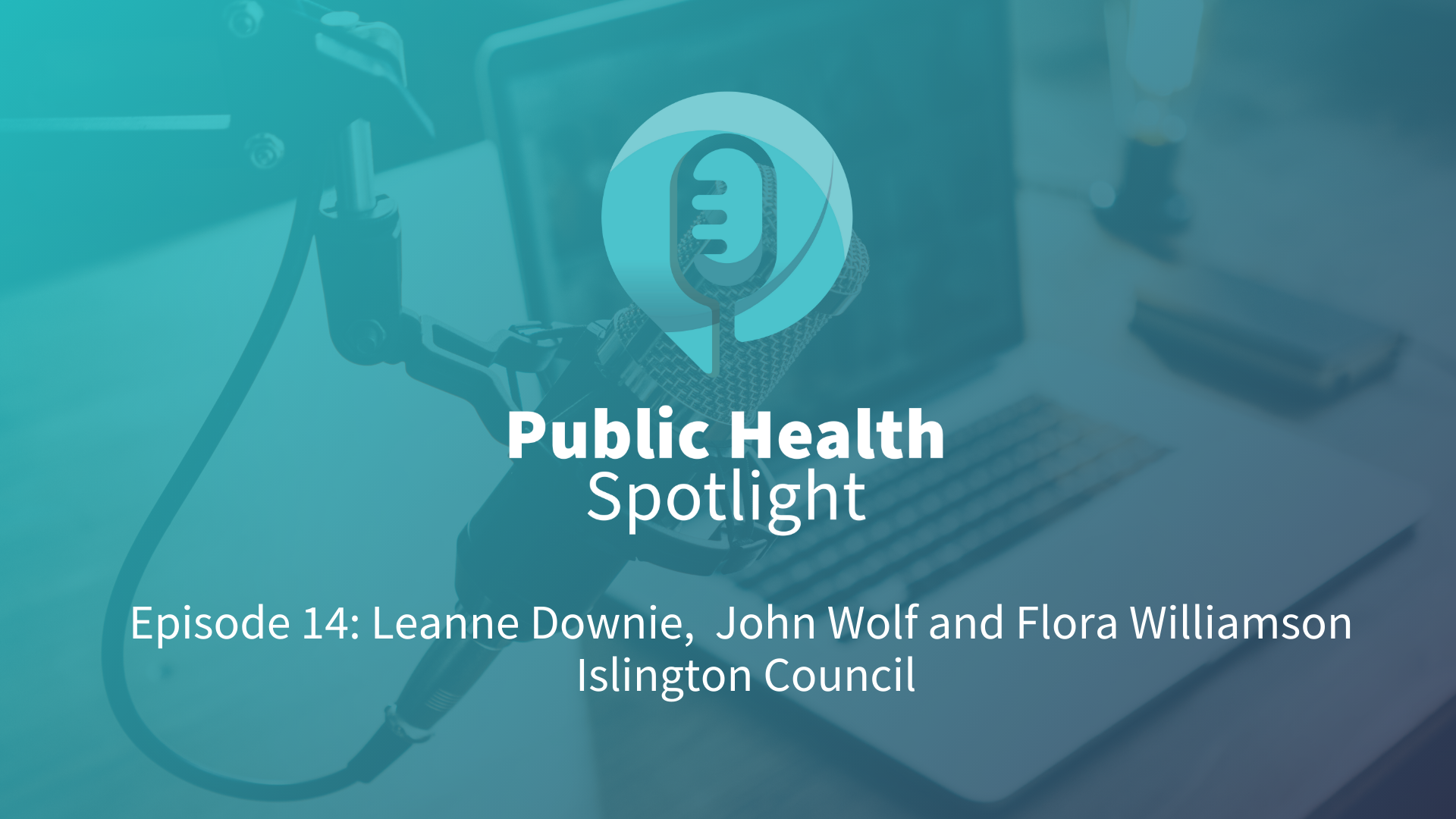Tackling Gambling Harm: A Public Health Priority
The latest episode of Public Health Spotlight explores the pressing issue of gambling-related harm, featuring insights from Leanne Downie of Betknowmore UK, alongside local authority representatives from Islington Council, John Woolf and Flora Williamson. Hosted by Panoramic Associates‘ Lead Practice Director Maisie Hockings, the discussion delves into the complexities of gambling harm and the collaborative efforts required to address this growing public health concern.
Please read on for a preview of this engaging episode and what you can expect to learn.
Understanding Betknowmore UK’s Mission
Founded in 2013 by Frankie Graham, who brought 20 years of personal experience with gambling harm, Betknowmore UK has become a leading organisation tackling gambling-related issues in the UK. Their approach prioritises holistic support and stigma reduction, acknowledging that gambling harm extends beyond financial consequences to impact families, communities, and society at large.
The Hidden Nature of Modern Gambling
One of the key challenges highlighted in the discussion is the increasingly covert nature of gambling, particularly with the rise of online platforms. While traditional gambling activities such as lottery tickets and bingo remain visible, the digital revolution has introduced new, less conspicuous avenues for gambling, which may go undetected for years. Unlike substance addictions, gambling harm often lacks clear physical symptoms, making early intervention more difficult.
Vulnerable Demographics and Emerging Trends
The podcast challenges common assumptions about who is affected by gambling harm. While historically associated with male gamblers, recent research indicates rising rates among women and younger people. The discussion also explores how cultural and religious factors can create additional barriers to seeking support, emphasising the need for culturally sensitive services.
Local Authority Response and Challenges
Representatives from Islington Council shared their experiences in tackling gambling harm at a local level, highlighting several significant challenges, including:
- The limitations of the 2005 Gambling Act
- The proliferation of gambling establishments in areas of high deprivation
- The need to balance regulatory responsibilities with support services
Collaborative Approaches to Prevention
The partnership between Islington Council and Betknowmore UK demonstrates the effectiveness of collaborative approaches. Their work includes:
- Integrating support services into community hubs
- Delivering staff training programmes
- Developing public health-focused gambling policies
- Engaging communities through parent champions and educational initiatives
Looking to the Future
The discussion concludes by addressing emerging challenges, particularly within the digital sphere. With the rapid advancement of technology, including virtual reality (VR) and artificial intelligence (AI), there is an urgent need to stay ahead of new gambling trends and their potential consequences. The speakers stress the importance of data collection, cross-sector collaboration, and continued community engagement in shaping effective responses to gambling harm.
This episode underscores the complex nature of gambling harm as a public health issue and highlights the crucial need for coordinated responses from local authorities, support organisations, and communities. As digital gambling continues to evolve, adaptive and collaborative approaches will be essential to protecting vulnerable populations and supporting those affected by gambling harm.
Stay tuned for more episodes featuring dedicated public health professionals making a difference in their communities.
Stay tuned for more episodes featuring dedicated public health professionals who are making a significant impact in their communities.
Contact our
Specialist Hiring Teams
Panoramic Associates have dedicated hiring experts who specialise in their chosen market. Use the adjacent form to contact our team about your career ambitions or hiring requirement.
